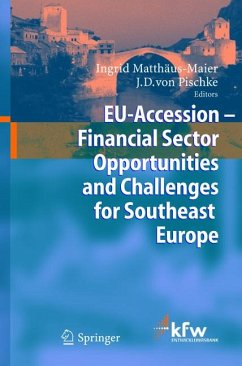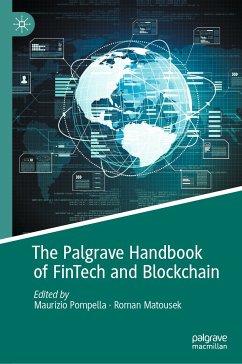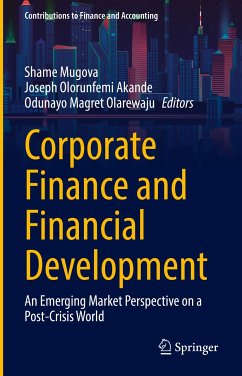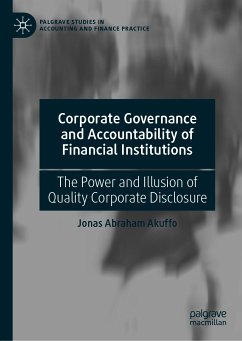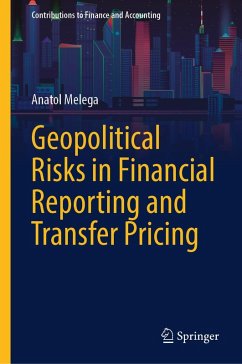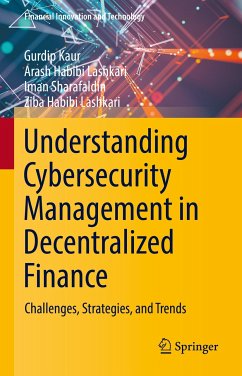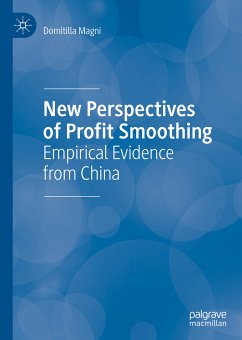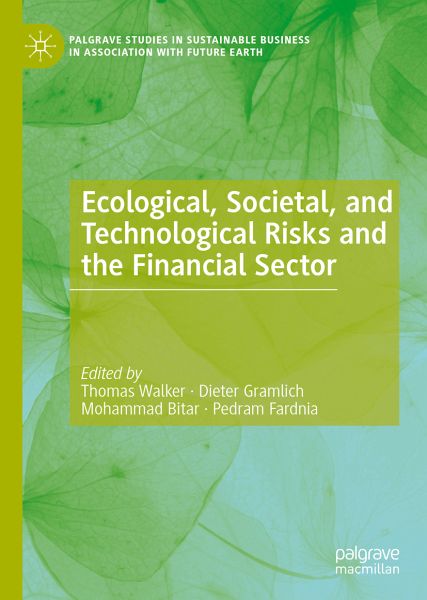
Ecological, Societal, and Technological Risks and the Financial Sector (eBook, PDF)
Versandkostenfrei!
Sofort per Download lieferbar
104,95 €
inkl. MwSt.
Weitere Ausgaben:

PAYBACK Punkte
52 °P sammeln!
Offers a transdisciplinary approach linking the social and natural sciences and a comprehensive and connected approach to assess new risk categories
Features contributions and recommendations from researchers and practitioners with a global focus that considers the unique needs of different societies and ecosystems
Provides critical analyses of arguments for and against a sustainability-oriented economy
Dieser Download kann aus rechtlichen Gründen nur mit Rechnungsadresse in A, B, BG, CY, CZ, D, DK, EW, E, FIN, F, GR, HR, H, IRL, I, LT, L, LR, M, NL, PL, P, R, S, SLO, SK ausgeliefert werden.




